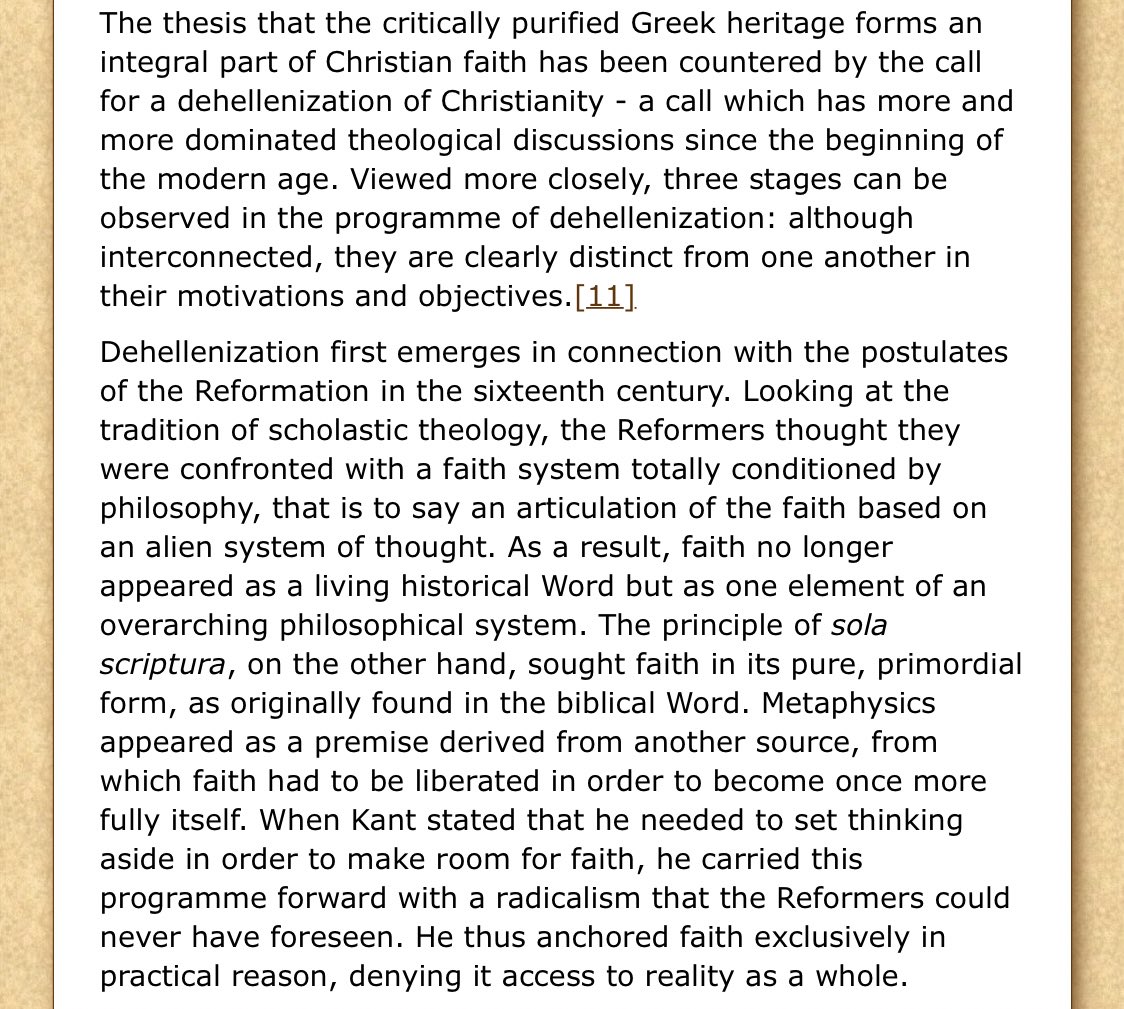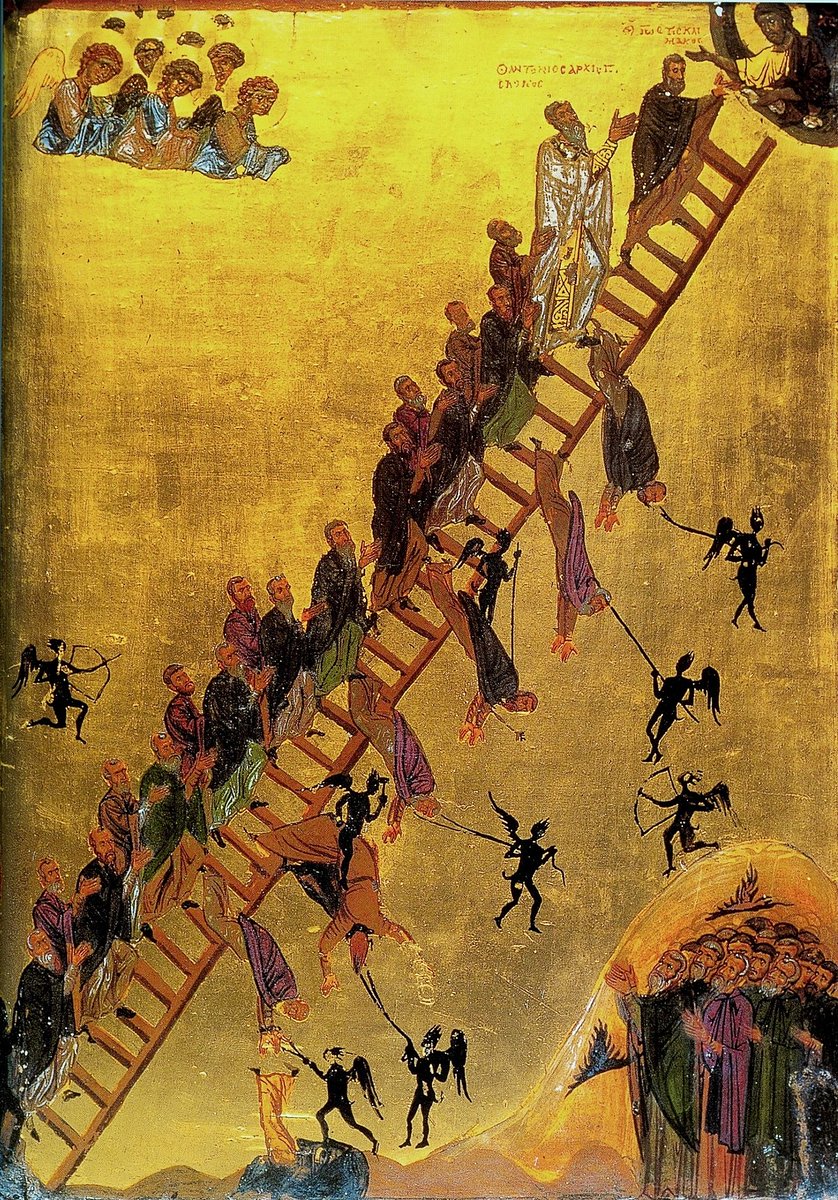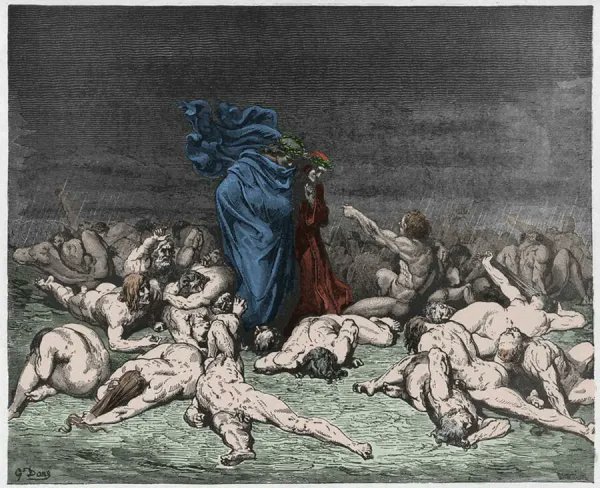Today is the 15th anniversary of the “Regensburg Address” by Pope Benedict XVI.
One of the most important post-conciliar documents, it explains (1) Christ as Logos (2) the providential harmony of Greek wisdom & Hebrew faith and (3) the “dehellenization” of the West.
Quotes:
One of the most important post-conciliar documents, it explains (1) Christ as Logos (2) the providential harmony of Greek wisdom & Hebrew faith and (3) the “dehellenization” of the West.
Quotes:

On the Logos, the Eternal Word, and “the intrinsic necessity of a rapprochement between Biblical faith and Greek inquiry.”
The coupling of Greek reason and Hebrew faith is an act of Providence.
The coupling of Greek reason and Hebrew faith is an act of Providence.

“A profound encounter of faith and reason is taking place here, an encounter between genuine enlightenment and religion… Not to act ‘with logos’ is contrary to God's nature.
I’ve always thought “genuine” here is a shot fired.
I’ve always thought “genuine” here is a shot fired.

God as Logos meant mankind must act and worship with logos and we built Christendom upon this truth.
Voluntarism was the forerunner to modernity, and modernity a rejection of God as Logos.
Voluntarism was the forerunner to modernity, and modernity a rejection of God as Logos.

Yet, persons sought to “dehellenize” Christianity, to extricate Christianity from Greek influence.
The “Reformers” are the first stage, who create a historical fiction that a “pure” Hebrew faith exists - setting aside all historical fact for “sola scriptura.”
Bible > the Word
The “Reformers” are the first stage, who create a historical fiction that a “pure” Hebrew faith exists - setting aside all historical fact for “sola scriptura.”
Bible > the Word

The second stage of “dehellenization” is liberal theology of the 19th and 20th century that rejected the Logos and subjected Christianity to modern, empirical reason.
Christianity and reason are reduced and true religion (and truth) becomes a personal interpretation.
Christianity and reason are reduced and true religion (and truth) becomes a personal interpretation.

The third stage of dehellenization is those who seek to play the role of Providence and re-inculturate the Gospel to synthesize it with a “new, modern” culture.
We seek to supply our own Logos, one in our own image.
This error is on parade on #CatholicTwitter.
We seek to supply our own Logos, one in our own image.
This error is on parade on #CatholicTwitter.

Finally, he shows that in man’s pursuit of “reason,” man rejected Christ the Logos, the reason of all things, and in doing so both man and his reason are reduced.
"Not to act reasonably, not to act with logos, is contrary to the nature of God.”
"Not to act reasonably, not to act with logos, is contrary to the nature of God.”

Here is the address. It’s worth the read: vatican.va/content/benedi…
• • •
Missing some Tweet in this thread? You can try to
force a refresh



















